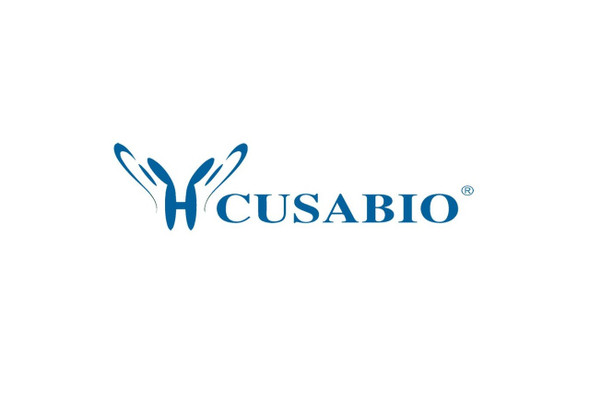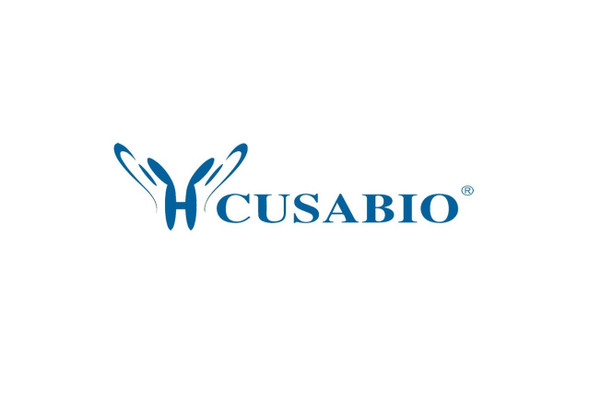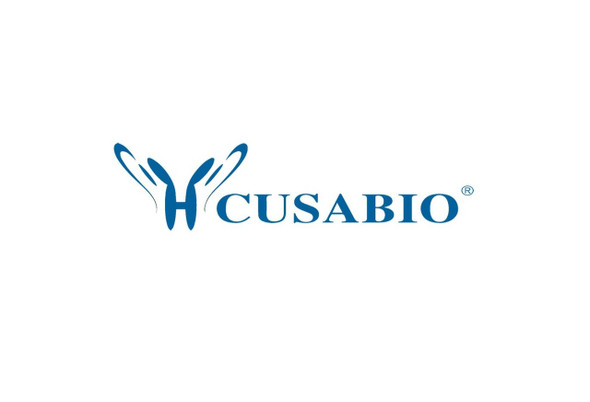Cusabio Virus & Bacteria Recombinants
Recombinant Escherichia coli O9:H4 5-methylthioadenosine/S-adenosylhomocysteine nucleosidase (mtnN) | CSB-EP423060EJF
- SKU:
- CSB-EP423060EJF
- Availability:
- 3 - 7 Working Days
Description
Recombinant Escherichia coli O9:H4 5-methylthioadenosine/S-adenosylhomocysteine nucleosidase (mtnN) | CSB-EP423060EJF | Cusabio
Alternative Name(s): MTA/SAH nucleosidase;MTAN;5'-deoxyadenosine nucleosidase;DOA nucleosidase;dAdo nucleosidase;5'-methylthioadenosine nucleosidase;MTA nucleosidase;S-adenosylhomocysteine nucleosidase;AdoHcy nucleosidase;SAH nucleosidase; SRH nucleosidase
Gene Names: mtnN
Research Areas: Epigenetics and Nuclear Signaling
Organism: Escherichia coli O9:H4 (strain HS)
AA Sequence: MKIGIIGAMEEEVTLLRDKIEKRQTISLGGCEIYTGQLNGTEVALLKSGIGKVAAALGATLLLEHCKPDVIINTGSAGGLAPTLKVGDIVVSDEARYHDADVTAFGYEYGQLPGCPAGFKADDKLIAAAEACIAELNLNAVRGLIVSGDAFINGSVGLAKIRHNFPQAIAVEMEATAIAHVCHNFNVPFVVVRAISDVADQQSHLSFDEFLAVAAKQSSLMVESLVQKLAHG
Source: E.coli
Tag Info: N-terminal 10xHis-tagged and C-terminal Myc-tagged
Expression Region: 1-232aa
Sequence Info: Full Length
MW: 31.8 kDa
Purity: Greater than 85% as determined by SDS-PAGE.
Relevance: Catalyzes the irreversible cleavage of the glycosidic bond in both 5'-methylthioadenosine (MTA) and S-adenosylhomocysteine (SAH/AdoHcy) to adenine and the corresponding thioribose, 5'-methylthioribose and S-ribosylhomocysteine, respectively. Also cleaves 5'-deoxyadenosine, a toxic by-product of radical S-adenosylmethionine (SAM) enzymes, into 5-deoxyribose and adenine. Thus, is required for in vivo function of the radical SAM enzymes biotin synthase and lipoic acid synthase, that are inhibited by 5'-deoxyadenosine accumulation.
Reference: "The pangenome structure of Escherichia coli: comparative genomic analysis of E. coli commensal and pathogenic isolates." Rasko D.A., Rosovitz M.J., Myers G.S.A., Mongodin E.F., Fricke W.F., Gajer P., Crabtree J., Sebaihia M., Thomson N.R., Chaudhuri R., Henderson I.R., Sperandio V., Ravel J. J. Bacteriol. 190:6881-6893(2008)
Storage: The shelf life is related to many factors, storage state, buffer ingredients, storage temperature and the stability of the protein itself. Generally, the shelf life of liquid form is 6 months at -20?/-80?. The shelf life of lyophilized form is 12 months at -20?/-80?.
Notes: Repeated freezing and thawing is not recommended. Store working aliquots at 4? for up to one week.
Function:
Involvement in disease:
Subcellular Location:
Protein Families:
Tissue Specificity:
Paythway:
Form: Liquid or Lyophilized powder
Buffer: If the delivery form is liquid, the default storage buffer is Tris/PBS-based buffer, 5%-50% glycerol. If the delivery form is lyophilized powder, the buffer before lyophilization is Tris/PBS-based buffer, 6% Trehalose, pH 8.0.
Reconstitution: We recommend that this vial be briefly centrifuged prior to opening to bring the contents to the bottom. Please reconstitute protein in deionized sterile water to a concentration of 0.1-1.0 mg/mL.We recommend to add 5-50% of glycerol (final concentration) and aliquot for long-term storage at -20?/-80?. Our default final concentration of glycerol is 50%. Customers could use it as reference.
Uniprot ID: A7ZWA7
HGNC Database Link: N/A
UniGene Database Link: N/A
KEGG Database Link: N/A
STRING Database Link: N/A
OMIM Database Link: N/A









